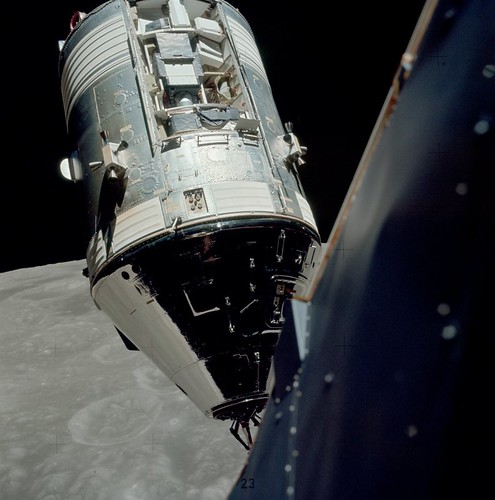Rcpp 0.8.9 was pushed to CRAN recently. Apart from minor bug fixes, this release concentrates on modules, with lots of new features to expose C++ functions and classes through R reference classes.

The Rcpp-modules vignette has all the details
The major points are highlighted in the NEWS entry below:
0.8.9 2010-11-28 (or even -27)
o Many improvements were made to in 'Rcpp modules':
- exposing multiple constructors
- overloaded methods
- self-documentation of classes, methods, constructors, fields and
functions.
- new R function "populate" to facilitate working with modules in
packages.
- formal argument specification of functions.
- updated support for Rcpp.package.skeleton.
- constructors can now take many more arguments.
o The 'Rcpp-modules' vignette was updated as well and describe many
of the new features
o New template class Rcpp::SubMatrix and support syntax in Matrix
to extract a submatrix:
NumericMatrix x = ... ;
// extract the first three columns
SubMatrix y = x( _ , Range(0,2) ) ;
// extract the first three rows
SubMatrix y = x( Range(0,2), _ ) ;
// extract the top 3x3 sub matrix
SubMatrix y = x( Range(0,2), Range(0,2) ) ;
o Reference Classes no longer require a default constructor for
subclasses of C++ classes
o Consistently revert to using backticks rather than shell expansion
to compute library file location when building packages against Rcpp
on the default platforms; this has been applied to internal test
packages as well as CRAN/BioC packages using Rcpp